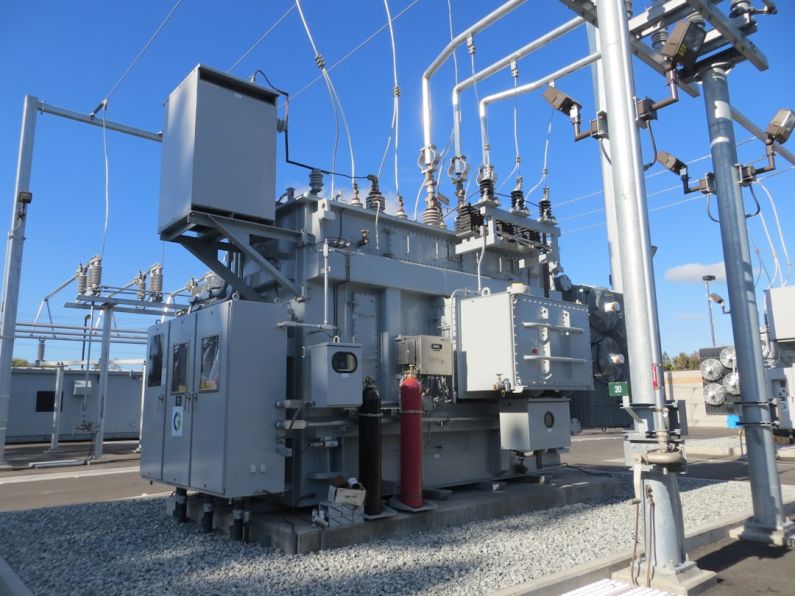How to Pick the Perfect Generator for Your Home
Whether you live in an area prone to power outages or you simply want to be prepared for unexpected emergencies, having a generator for your home is a smart investment. However, with so many options available in the market, it can be overwhelming to choose the right one. In this article, we will guide you through the process of picking the perfect generator for your home, considering factors such as power requirements, fuel type, and budget.
Assess Your Power Requirements
Before you start shopping for a generator, it is essential to determine your power needs. Make a list of the appliances and devices that you would like to power during an outage. This will help you determine the wattage requirements of your generator. It is important to choose a generator that can handle the starting wattage of your largest appliance, such as the air conditioner or refrigerator. You can find this information on the labels or manuals of your devices.
Consider Fuel Type
Generators run on different types of fuel, including gasoline, diesel, propane, and natural gas. Each fuel type has its own advantages and disadvantages. Gasoline is readily available and easy to store, but it has a limited shelf life and can be dangerous to store in large quantities. Diesel generators are more efficient and have a longer lifespan, but they are generally more expensive. Propane and natural gas generators are cleaner-burning and can be connected directly to your home’s gas supply, but they require professional installation.
Evaluate Portability
Consider whether you need a portable or standby generator. Portable generators are smaller, less expensive, and can be moved around to different locations. They are ideal for powering a few essential appliances during an outage or for recreational use. Standby generators, on the other hand, are permanently installed outside your home and automatically turn on when the power goes out. They are more expensive but provide a seamless transition to backup power and can power your entire home.
Check Noise Levels
Generators can be noisy, especially if they are running for an extended period. If noise is a concern for you, look for generators that have a lower decibel rating. Inverter generators are known for their quiet operation and are a popular choice for residential use. They use advanced technology to produce clean and stable power without the excessive noise.
Set a Budget
Generators come in a wide range of prices, so it is important to set a budget before you start shopping. Consider the long-term costs as well, including fuel, maintenance, and any installation fees. While it might be tempting to go for the cheapest option, it is important to balance cost with quality and reliability. Investing in a reputable brand and a generator with good customer reviews can save you money in the long run.
Consider Safety Features
Safety should be a top priority when choosing a generator. Look for models that have features such as low-oil shutoff, overload protection, and automatic voltage regulation. These features help prevent damage to the generator and ensure the safety of your appliances. Additionally, consider the location where you plan to install the generator. It should be placed in a well-ventilated area away from windows, doors, and flammable materials.
In conclusion, selecting the perfect generator for your home requires careful consideration of your power requirements, fuel type, portability, noise levels, budget, and safety features. By assessing these factors and doing thorough research, you can find a generator that meets your needs and provides peace of mind during power outages or emergencies. Remember, a generator is an investment, so choose wisely and prioritize quality and reliability.






